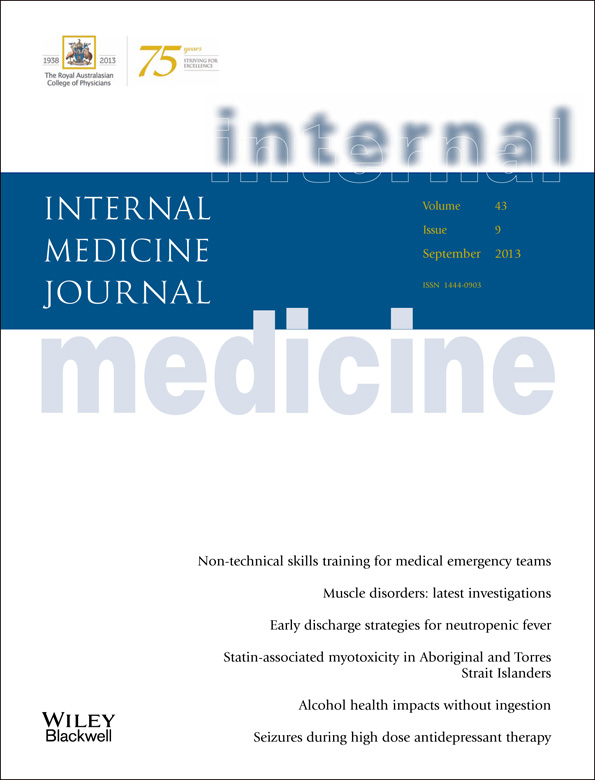Negotiating palliative care in the context of culturally and linguistically diverse patients
Abstract
There is an increasing emphasis on meeting the healthcare needs of culturally and linguistically diverse (CALD) communities in Australia. Negotiating the point of futility and the transition to specialist palliative care requires not only effective communication but also sensitivity to cultural and linguistic specificities. This can be a challenging process for clinicians, patients and families. Here, we outline some of the key challenges currently facing many clinicians in the context of CALD patients, with particular reference to the transitioning of patients to specialist palliative care. We suggest a focus on further research that can systematically document and model existing CALD-specific clinical processes and pathways, which can then support the development of targeted educational interventions. This includes developing a multi-stakeholder understanding of the CALD experience that moves beyond cultural stereotyping and predicting need.




